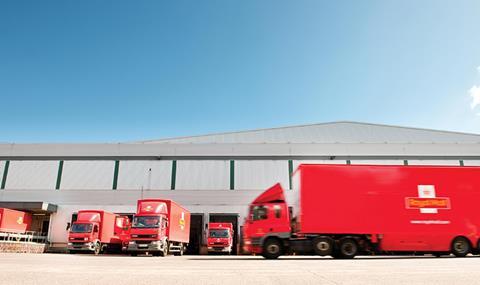
The jury is still out on the success of the privatisation of the Royal Mail, said parcel services broker Fastlane International, after a leak of the Labour Manifesto for the 2017 general election called for it to return to public ownership.
The leaked manifesto said: “The Conservative government’s privatisation of Royal Mail was a historic mistake, selling off another national asset on the cheap.
“Labour will reverse this privatisation at the earliest opportunity, because it is a profitable company that should still be giving a return to the many not the few, and because key national infrastructure like a postal system is best delivered in public ownership.”
David Jinks, head of consumer research at Fastlane International, said: “Royal Mail was a monolithic organisation on privatisation in 2013, which has taken significant steps to modernise. But this comes at a price.”
He pointed to an average 'Hold' rating on Royal Mail shares by analysts, and a ‘Sell’ rating in a report issued today by Liberum Capital – a position the analyst firm has held since April.
“Undoubtedly Royal Mail needs continued substantial investment - whether the money is best coming from the stock market or government is still open to debate,” Jinks added.
Royal Mail was privatised in October 2013. On its first day of trading on the London Stock Exchange its shares closed 38% higher. A subsequent BIS (now Department for Business, Energy and Industrial Strategy) inquiry into its valuation found the government “failed to get an adequate and appropriate return for taxpayers on now privatised Royal Mail assets, including multi-million pound sites in London”.
The BIS committee - which described the privatisation as the most significant in years – found the advice the government received on the sale “wasn’t up to standard".
Following its privatisation Royal Mail has consistently topped the Motor Transport Top 100, achieving a pre-tax profit of £417m on a turnover of £7.6bn in the financial year-ending March 2016. It employs some 139,000 employees and has more than 3,800 vehicles specified to its O-licences throughout the UK – making it the second-largest fleet in the country, behind DHL’s combined business interests.














